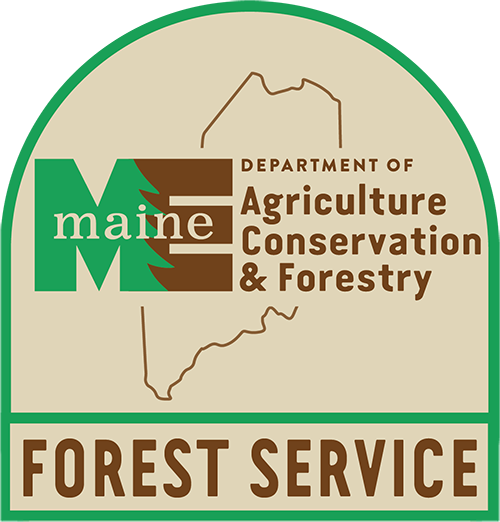Bureau/Division/Agency
Forest Services
Document Type
Text
Exact Creation Date
9-2021
Language
English
Recommended Citation
Department of Agriculture, Conservation and Forestry and Maine Forest Service, "Forest & Shade Tree Insect & Disease Conditions for Maine: Summary 2020" (2021). Forest Service Documents. 285.
https://digitalmaine.com/for_docs/285
File Size
5.8 MB
Files over 3MB may be slow to open. For best results, right-click and select "Save As"
Rights Statement
No Copyright - United States. URI: http://rightsstatements.org/vocab/NoC-US/1.0/
The organization that has made the Item available believes that the Item is in the Public Domain under the laws of the United States, but a determination was not made as to its copyright status under the copyright laws of other countries. The Item may not be in the Public Domain under the laws of other countries. Please refer to the organization that has made the Item available for more information.



Description
This annual summary report describes the efforts towards understanding and managing the health issues of importance to Maine’s forest resources. Emphasis is placed primarily on insect and disease relationships of forest, shade, and ornamental trees. The myriad of biotic and abiotic agents capable of damaging trees can result in losses to wood production and quality, water quality values, recreational opportunities and enjoyment and, in some cases, impact human health. Conversely, the great majority of these agents are not simply beneficial, but critical to the productive functioning of forest ecosystems. Therefore, our understanding of the role insect and disease agents play in maintaining a healthy forest is as important as mitigating the damaging effects of the few native and invasive pest species capable of significant disruptions to forest sustainability.
The Forest Health and Monitoring Division has four primary mission responsibilities related to insect and disease conditions of our forest resources: 1) monitoring and evaluating the resource for overall health using both aerial and ground survey methods; monitoring is done for both specific agents of concern, and in cooperation with the statewide continuous forest inventory efforts of the Division’s Forest Inventory and Analysis group; 2) providing advice and assistance on forest health issues to private and public landowners, foresters, industrial and commercial entities, and to the general public; 3) conducting applied research and demonstration projects to further the understanding and improve management of specific pests of concern and other forest health issues, and 4) supervising and managing the forest pest-related quarantines established by state regulations.
As this report will show, there has been a high level of Division activities conducted on several existing pest problems, along with significant efforts towards anticipating forest pests not yet present in the state. And, considering the pest management challenges of the coming seasons, the efforts outlined in this report will serve to strengthen our response towards more effectively managing our forest resources.